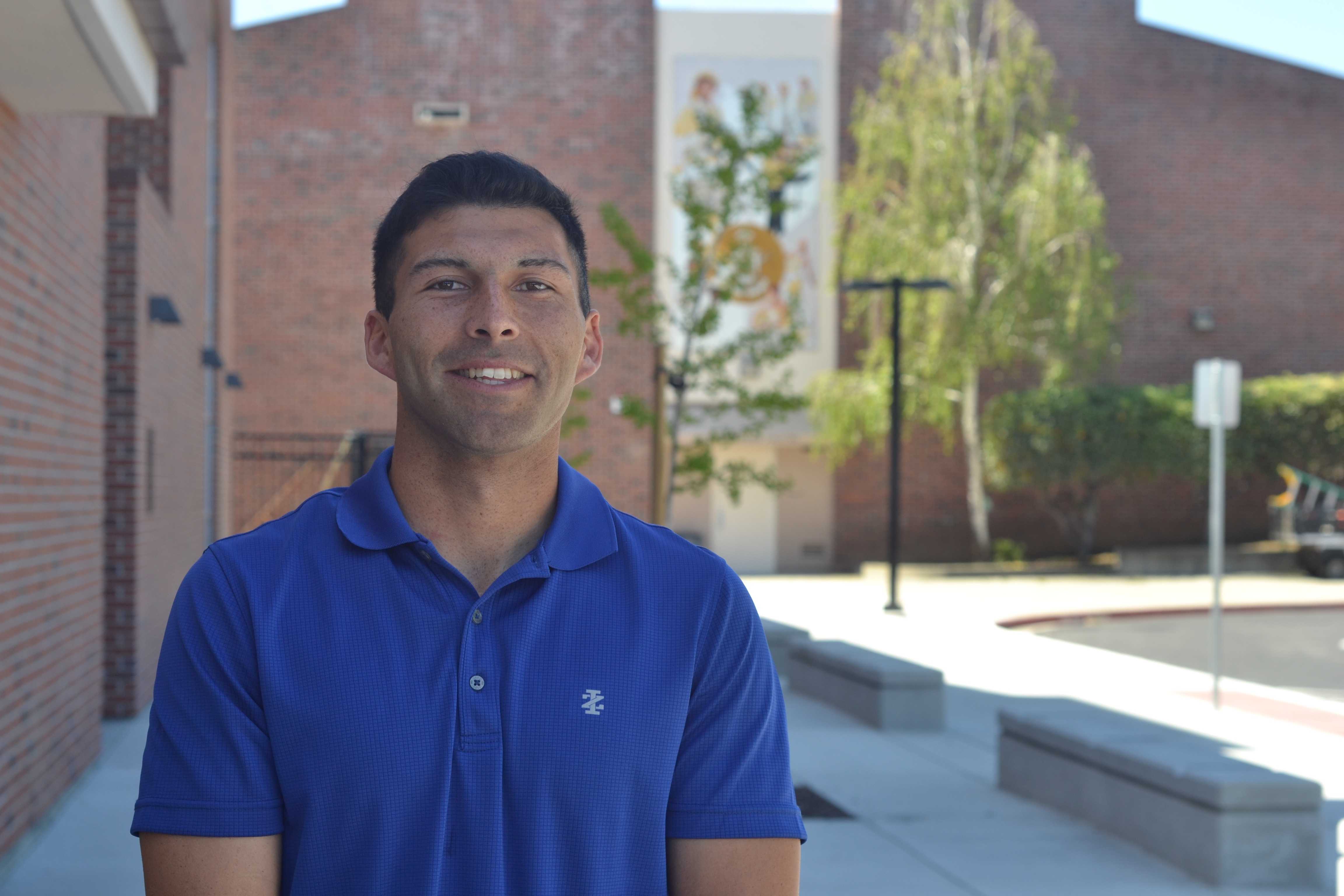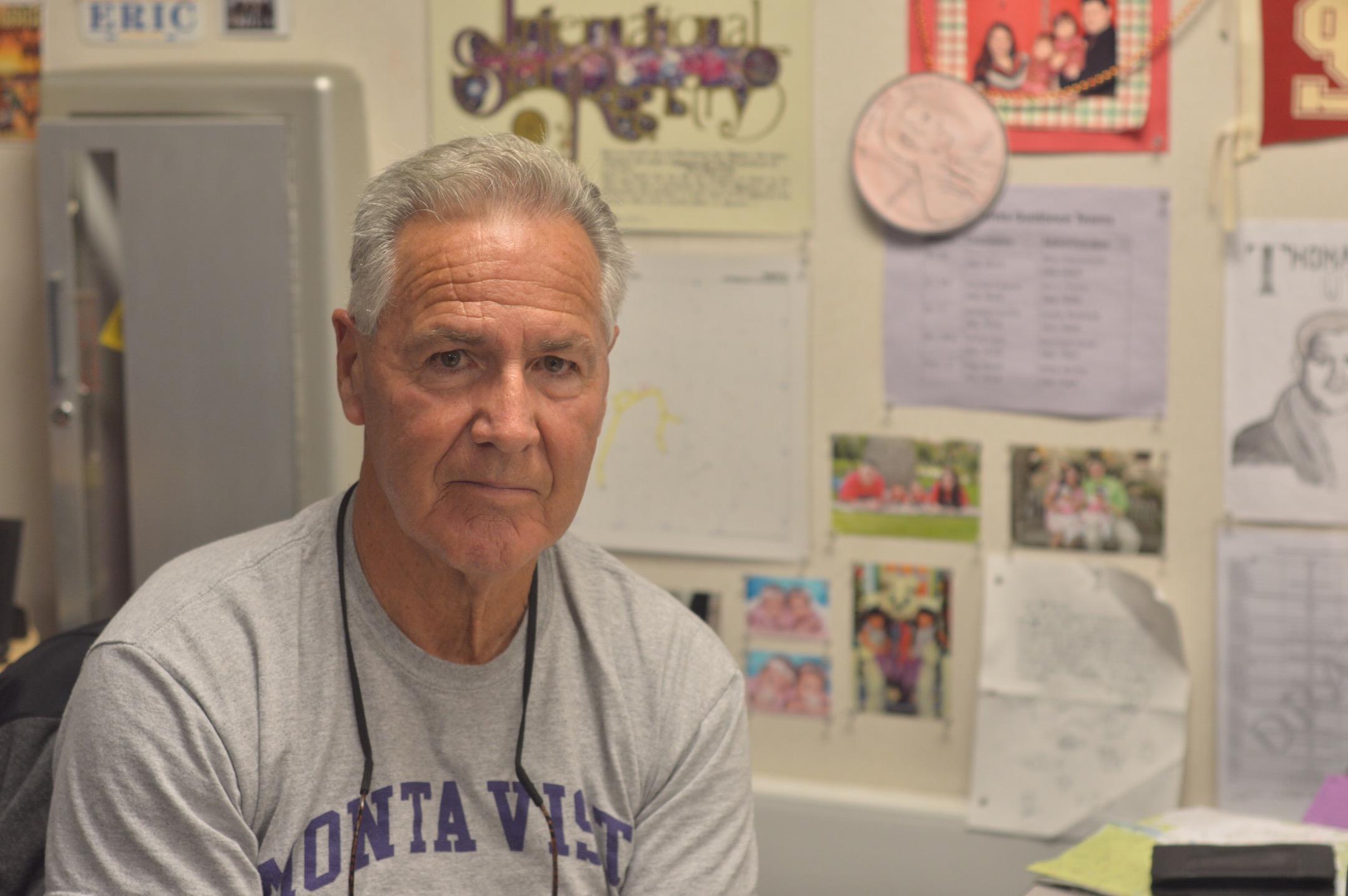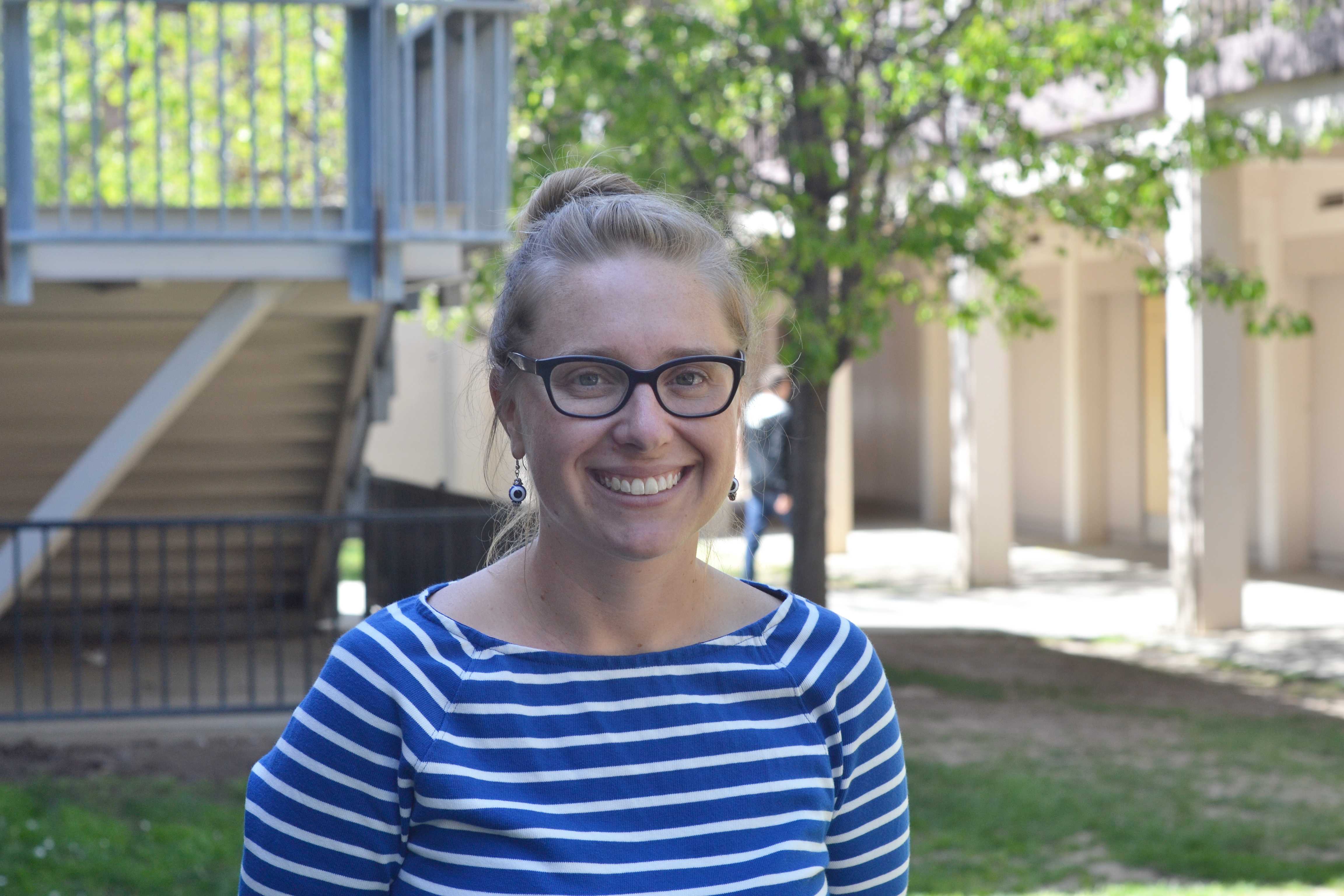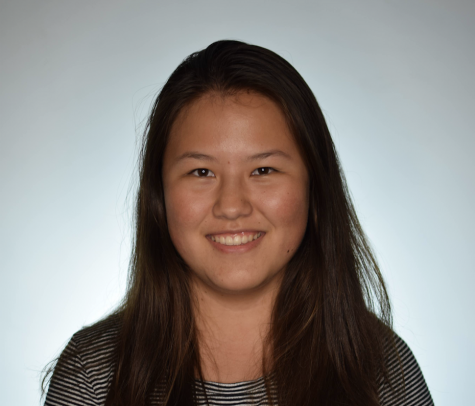Co-authored by Nanda Nayak.
May 3, considered National Teachers Day, is set aside to honor our teachers. However, many students don’t think about the people who come when our teachers can’t— substitutes. Substitute teachers Richard Mendez, Dave Vierra and current student teacher Hannah Gould have had vivid experiences in the field, and continue to substitute for different classes. These are the stories of our substitute teachers.

Substitute teacher Richard Mendez remembers his first day subbing at Fremont High School, and how worried he had been when he couldn’t find his 30 students. The students were supposed to teach each other material they had learned in groups, and one group of students requested to go outside to teach their part.
“Me being new, I was like ‘Sure, let’s go for it!’ and I unlocked the door. The students went out, and all of a sudden everyone was gone,” Mendez said. “I was like, ‘This was not a good idea.’”
Mendez then frantically ran around the Fremont campus looking for the students. Arriving at the field, Mendez, relieved, found all his 30 students, doing the work they were supposed to.
Two years after his eventful first day experience, Mendez has continued to substitute around FUHSD, and attempts to be a role model for all his students. An avid participator in sports, and the current track and field coach at Del Mar High School, Mendez tries to lead by example.
“Growing up an athlete, I wanted to be like someone, but it’s tough if you don’t think you can be at that level,” Mendez said. “I was a heavier kid, and I was always trying to get myself more in shape. So when I went to coach and I saw these kids that looked like I used [to], I’m like “I was just in your shoes, but I went to college for that sport. It helps them.”
Mendez also uses his experiences and attitude as an athlete in the classroom, and hopes to relate to the students by connecting the problems they have to the problems he faced as a student.
“I see people struggling in math — math was my toughest subject. I hated math, but I went on to college, passed college courses, and I’m able to help them out,” Mendez said. “That’s what I want to be a role model for — to show that you can go from one point to another.”
Regardless of his attempts to be a role model in his students’ lives, Mendez admits that he doesn’t expect to have the same effect on his students’ lives that their teachers do. When Mendez was a student, he believed that a substitute teacher was the equivalent to a free day, and rejoiced whenever the teacher was absent. However, Mendez now admits that the tables have turned, and attempts to grasp why students do not respect substitutes as much as they do their teachers.
“The students are used to a certain person. So when I come in, they’ve already tested the teacher,” Mendez said. “They already know what they don’t like to do, what ways they want you to act, but for me, it’s ‘ok. Am I going to be ok if I get away with this?’ I know I’m being tested, the first day, everyday.”
Despite the challenges he’s faced and the ones that he knows he will face in the future, Mendez is always grateful for his ability to educate others and be a part of their lives.
“My family all comes from manual labor backgrounds, so for me to get here and just sit in air conditioning,” Mendez said. “I’m happy that I’m in the position that I’m in.”

Forty seven years. That’s how long Dave Vierra coached the MVHS football team. But after retiring, Vierra decided to come back as a substitute teacher to a job he knew he would enjoy. Vierra has now been a substitute teacher for 12 years.
“Each day, I’d try and go out of my way to do something and help a student if they had a problem,” Vierra said, “because it would be gratifying to me.”
But substituting hasn’t been his only endeavor since retiring. Besides gardening, playing golf and visiting his grandchildren, Vierra is also a member of the Cupertino Host Lions Club, a voluntary service group that aids others in need. Every three years, the club takes a semi-truck with donated goods to a Navajo Indian Reservation in Gallup, New Mexico.
It all started 20 years ago when several members took a trip to New Mexico to go hunting and discovered that there had been a gruesome traffic accident that had affected a family of Navajo Indians. Not only had the family suffered horribly from the traffic accident, Vierra soon discovered that they were poor as well, and lacked many necessary materials. The accident inspired the club to help the family, and eventually those living on the reservation, by bringing donated goods.
Some of those items come from the MVHS lost and found, where water bottles, jackets and bags pile up after being forgotten on campus.
“At that point, they decided that we’re going to start collecting things and taking them to them, cloth goods, kitchen items, computers and books,” Vierra said, “and it just developed into something huge.”
As for substitute teaching, it has been a rewarding job although sometimes it can be unfortunate to come to school to find out a teacher has first period prep.
“It’s kind of irritating to get up in the morning to find that the teacher has first period prep, so the school lets me come in later,” Vierra said. “I’m very fortunate because the school lets me do that.”

When Hannah Gould, a graduate in Russian literature and currently a student teacher for World Core, walked into her first class as a substitute, it was a math class. And she was nervous, really nervous.
“I thought that I wouldn’t know what to talk about and I wouldn’t be able to help the students with anything, but it was way easier than I had imagined,” Gould said.
The teacher didn’t leave a lesson plan for that class, but Gould knew that the students would be good about reminding her about assignments that needed to be completed that day, which happened to be a test. From that experience, Gould realized that substitute teaching was something that could be done without much knowledge about the content, and there was nothing to worry about.
But something that she still finds difficult when substituting is making that connection with students in a short period of time, although she often tries different methods to achieve that.
“It’s really important to just ask the students about themselves and just try to talk to them a little bit when they come in at the beginning of the period,” Gould said. “Sometimes it helps so they see you as a real person and they know it’s okay for them to be real people too.”
Currently, as a student teacher, Gould also occasionally substitutes for the other periods of World Core that she doesn’t teach. She sees herself as an assistant teacher sometimes, where the students know who she is and they both know what they should be working on during class.
“I think it goes very smoothly, even when we’re doing different material,” Gould said. “It’s sort of a nice middle ground between substitute teaching and student teaching.”













